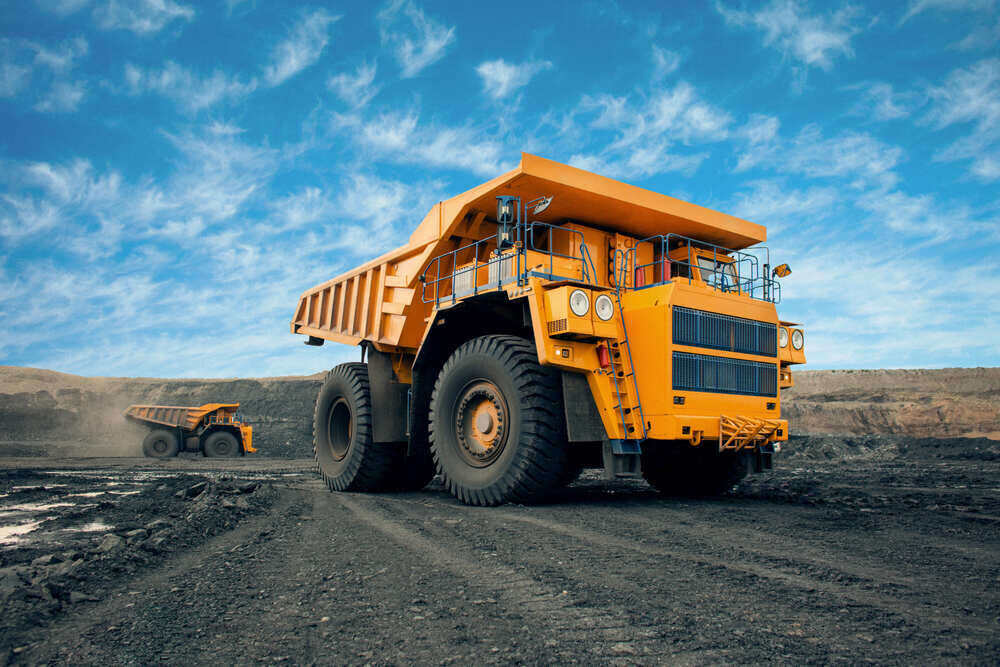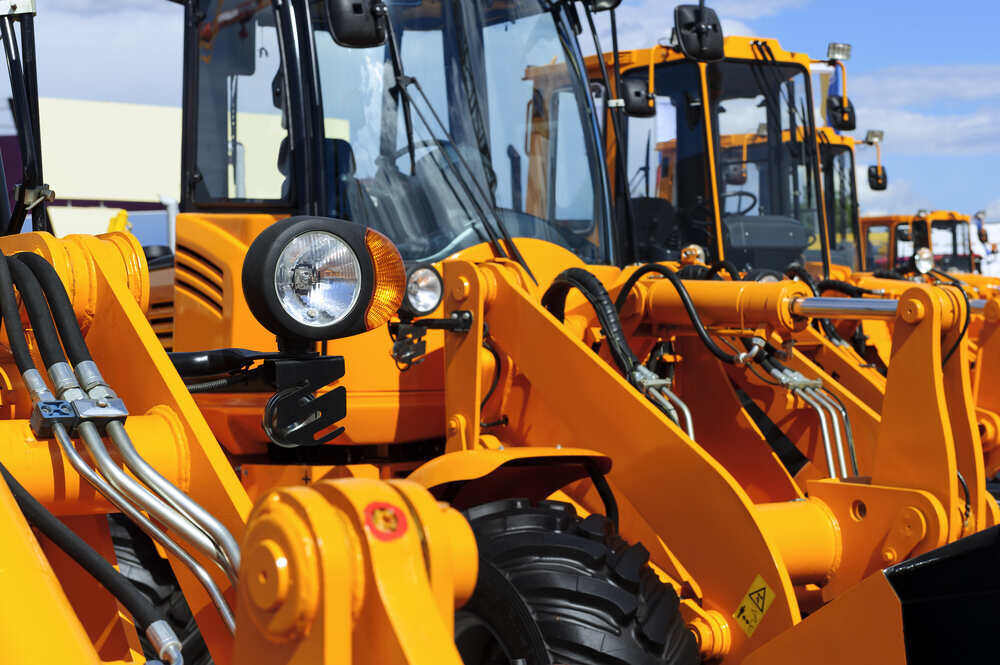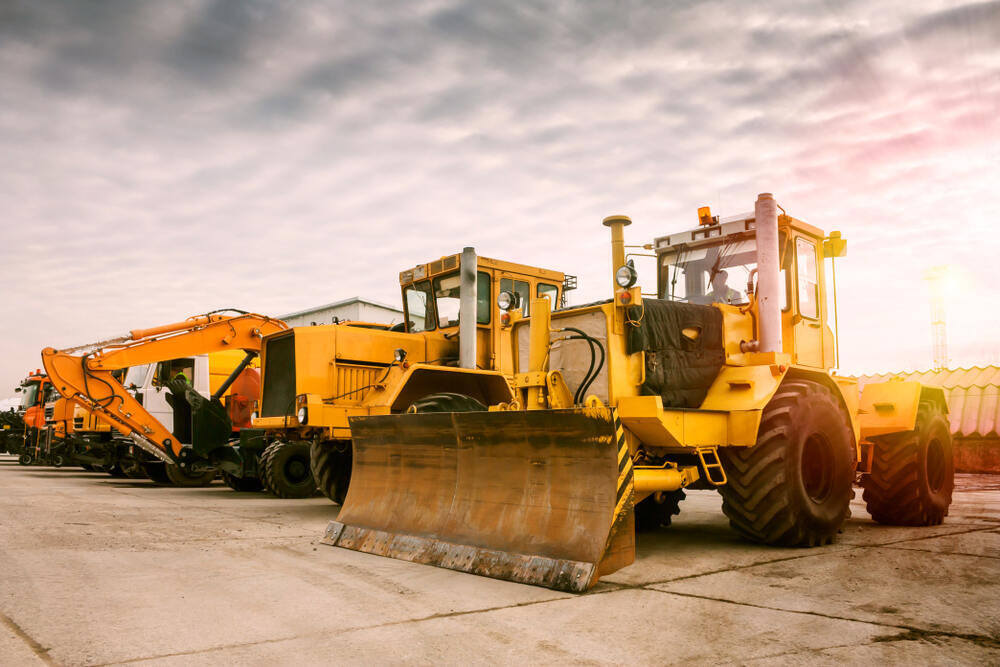
Heavy Equipment Shipping is one of the most important services in the construction, agriculture, and industrial sectors today. Businesses across the country rely on cranes, bulldozers, excavators, forklifts, and other oversized machinery to complete large-scale projects. Yet, transporting these massive machines is a challenge that requires expertise, careful planning, and compliance with regulations. The stakes are high damaged equipment, delivery delays, or regulatory penalties can severely disrupt operations. By understanding the process and working with qualified carriers, companies can ensure their valuable machinery reaches the destination safely and on time.
Reliable resources, such as constructionequipmenttransport.net, make it easier to find specialized carriers for oversized machinery. These providers bring experience with permits, logistics coordination, and safety standards. Still, responsibility doesn’t stop at booking a carrier. Shippers must play an active role in preparing machinery, understanding cost factors, and ensuring compliance with both state and federal regulations. When companies and carriers work together, equipment shipping becomes not only efficient but also secure.
Why Specialized Heavy Equipment Transport Matters
Moving large machinery is far more complex than standard freight shipping. Oversized loads face unique challenges like restricted bridges, limited road access, and stringent weight limits. The wrong approach could lead to damaged equipment, safety hazards, or costly delays. That’s why specialized transport companies are critical they have the trailers, tools, and knowledge to handle machinery with precision.

Key Factors to Consider Before Shipping
Several critical considerations affect the success of any heavy equipment move:
- Equipment Size and Weight: The dimensions of the load determine the type of trailer and loading method.
- Permits and Escorts: Oversize permits and, in some cases, pilot or escort vehicles are required to keep roads safe.
- Insurance Coverage: Because machinery is highly valuable, comprehensive insurance is essential.
- Route Planning: Carriers evaluate bridge limits, construction zones, and road widths to ensure a smooth trip.
- Loading and Securing: Rigging, tie-downs, and load distribution must meet safety regulations to prevent shifting.
Taking these factors into account before booking transport helps avoid delays and minimizes risks during the journey.
Preparing Machinery for Shipping
Preparation is one of the most overlooked aspects of heavy equipment transport. To keep the process smooth:
- Drain fluids such as fuel or oil to reduce risk of spills.
- Remove attachments like buckets, arms, or blades to minimize size.
- Disconnect batteries and secure moving parts.
- Take photos of the machinery to document condition for insurance purposes.
Following these steps ensures faster loading, safer transport, and fewer issues upon delivery.
Domestic and International Shipping
Domestic heavy equipment shipping typically focuses on road transport using specialized trailers. However, international moves involve additional layers of complexity customs paperwork, port logistics, and container or breakbulk shipping. For global projects, sea freight is often the most practical choice, but it requires working with carriers familiar with international regulations.

Cost Considerations
The price of shipping heavy equipment can vary widely. Factors include:
- Distance: Longer routes cost more due to fuel, tolls, and time.
- Dimensions: Larger or taller equipment requires specialized trailers and possibly escorts.
- Permits: Oversize load permits add costs, especially if crossing multiple states.
- Season: Demand during peak construction season may increase rates.
- Mode of Transport: Truck, rail, or ocean shipping all have different pricing structures.
Obtaining multiple quotes allows businesses to compare options and choose the best balance of cost and reliability.
Benefits of Experienced Carriers
Working with experienced carriers ensures:
- Compliance with federal and state laws.
- Access to proper trailers and equipment.
- Knowledge of oversize load regulations.
- Clear communication and transparency.
This expertise translates directly into reduced risks, on-time delivery, and protection of high-value machinery.
Best Practices for Success
- Plan Early: Begin the process weeks in advance to secure permits and scheduling.
- Work with Licensed Carriers: Verify insurance and certifications before booking.
- Stay Updated: Maintain communication with the carrier throughout the transport.
- Inspect on Arrival: Document the condition of machinery as soon as it arrives.
These simple practices can save businesses time, money, and stress.
Conclusion
Safe and efficient Heavy Equipment Shipping is not optional it’s essential for industries that depend on large machinery. By understanding the process, preparing equipment correctly, and working with qualified carriers, companies can ensure their projects stay on track. Platforms like constructionequipmenttransport.net make it easier to connect with trusted providers, but success depends on proper planning and informed decision-making. With the right strategy, heavy equipment transport becomes a streamlined process that supports growth, safety, and efficiency.


